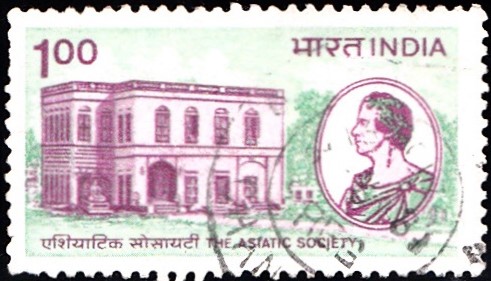
The Asiatic Society
A commemorative postage stamp on the Bicentenary of The Asiatick Society, founded by Sir William Jones on 15 January 1784 in Calcutta to enhance and further the cause of Oriental research :
 Issued by India
Issued by India
Issued on Jan 15, 1984
Type : Stamp, Postal Used
Colour : Multi colour
Denomination : 100 Paise
Printed at : India Security Press
About :
- In a meeting of leading European Citizens of Calcutta, held on the 15th of January, 1784, in Calcutta, Sir William Jones, an illustrious educationist mooted a proposal for the founding of a society for enquiring into History – Civil and Natural, the Antiquities, Arts, Sciences and Literature of India and the Asiatic Society was brought into existence with the then Governor General Warren Hastings as its patron and Sir William Jones as its President. The scope of investigation proposed to be taken up by the society, as laid down by Sir William Jones, was to be “Man and Nature, whatever is performed by one or produced by the other”. The institution thus founded proved to be the fountain head of all literary and scientific activities in India and the parent of all other Asiatic Societies of the world. Political, Geographical, National and International interests which intervened during the long period of two hundred years of its unique and useful existence, have not been able to deviate from the search of truth of this august and prestigious institution and it goes to the credit of the intellectual community and members of the Asiatic Society that they have kept aloft the high ideals and objectives originally enunciated by its illustrious founders.
- For long years, the Society has advised the Government of India on matters of scientific interest and, in fact, quite a good number of scientific and research institutions of the country owe their inception or further development to the Society. To illustrate, mention may be made of a few of such institutions which owe their inception to the Society :–
1. The University of Calcutta, 2. The Indian Museum, 3. The School of Tropical Medicines in Calcutta, 4. The Indian Science Congress, 5. Geological Survey of India, 6. Indian National Science Academy. - Besides, the Society has in its possession priceless treasures of rare manuscripts, books and paintings. Many of the paintings are from the brush of “Robert Homes“, the illustrious Painter of the World while amongst others, there are originals of Rubens, Geudo, Domenichino, Reynolds and many others. Legal documents relating to Chittagong Armoury Raid case and many other interesting subjects relating to socio-economic history of the 19th and early 20th century are in the possession of the Society. The Society has in its possession, printed books and manuscripts in all European and Asian languages, numbering more than 1,00,000. Printed books and manuscripts in Sanskrit language, ranging from 7th century A. D. number 30,000. Printed books and manuscripts in Arabic, Persian, Turkish, Pusthu, Urdu etc. ranging from 12th century A.D. and numbering 6000, comprising the collection of the society.
- It goes to the credit of the Society that it started and initiated investigation on modern lines on every aspect of humanistic studies in India viz., language, literature and philology, numismatics, religion, philosophy and folk-lore etc.
- In other words, in the domain of literary, scientific and humanistic studies and researches, the Asiatic Society, by its unique and useful existence of its kind for the last 200 years is but to be reckoned as beacon light, the radiant effulgence of which brought to the fore new ideas and concepts and opened up new vistas by its meaningful contribution towards cultural and social progress and international goodwill.


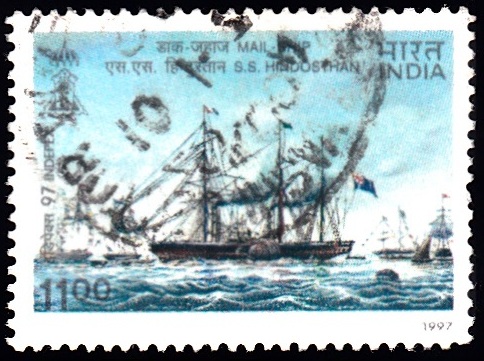
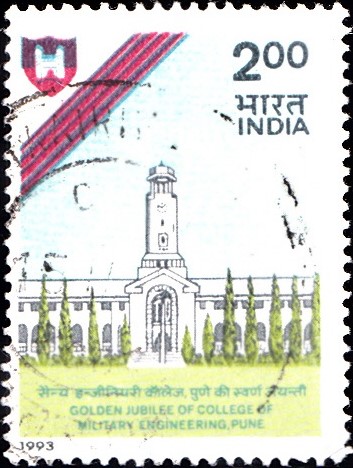
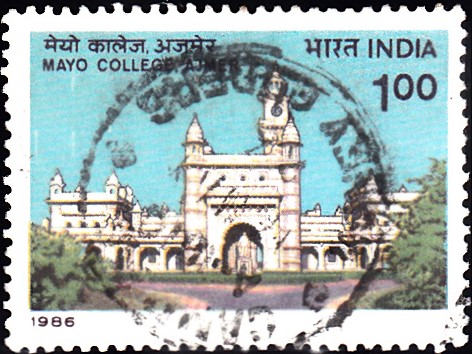
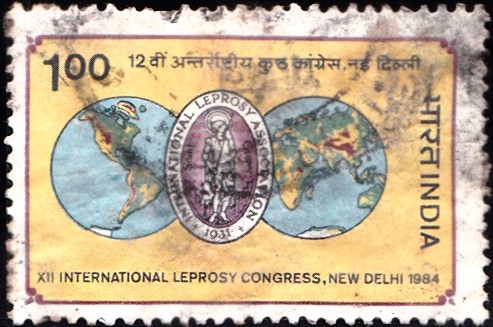
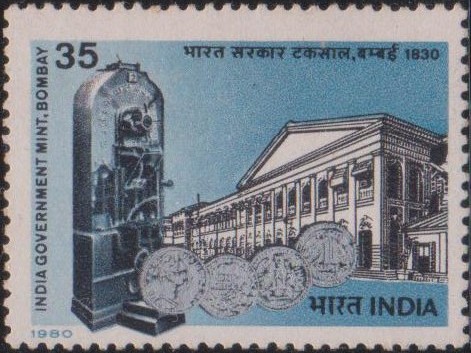
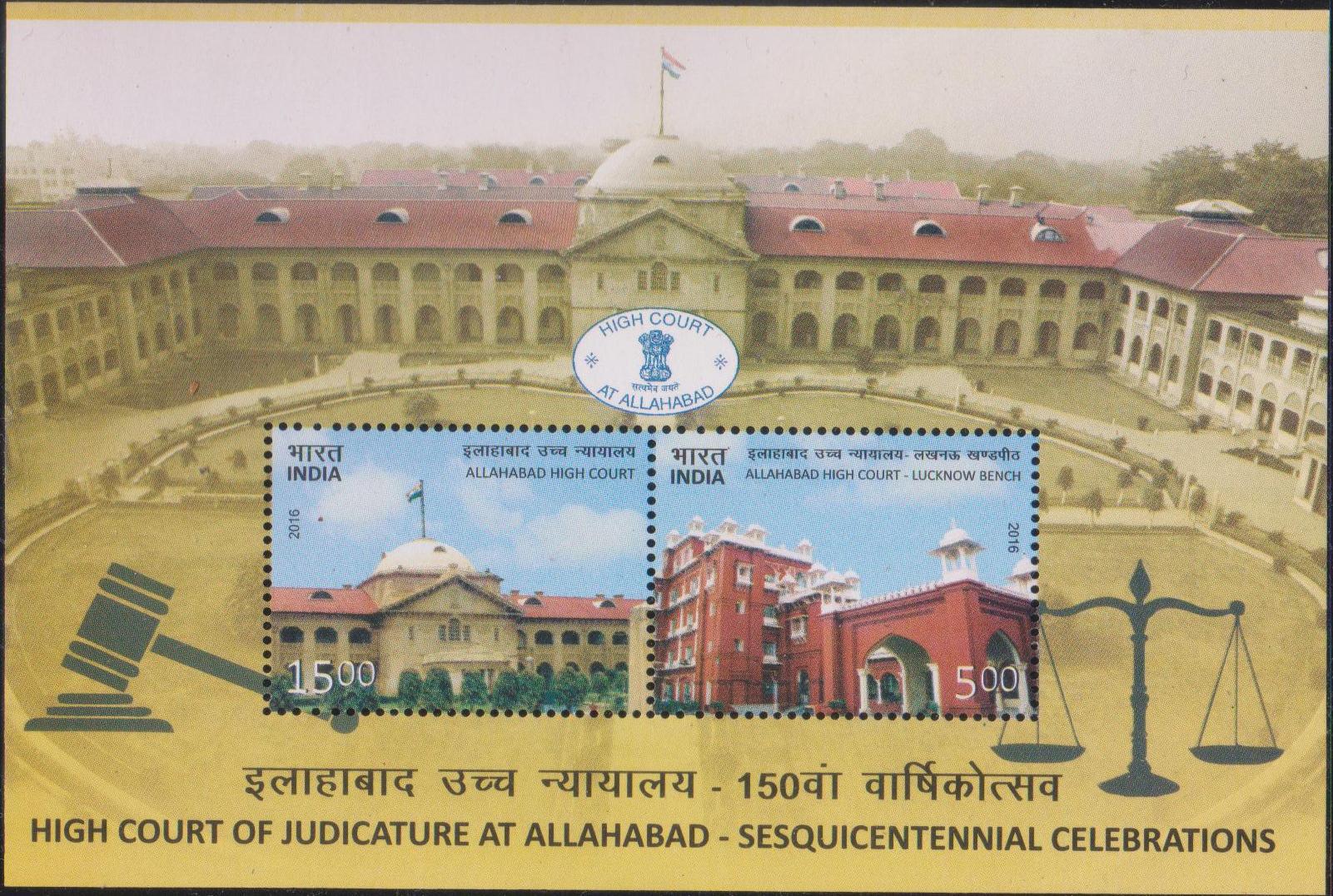
[…] rich animal diversity of the Indian subcontinent. The survey has its genesis in the Museum of the Asiatic Society of Bengal (1814-1875) and the Zoological Section of the Indian Museum (1875-1916) in Kolkata. By […]
[…] museum movement in India began with the creation of the Indian Museum at Calcutta in 1814 by the Asiatic Society of Bengal. In the wake of the Ancient Monuments Preservation Act (1904), a number of archaeological […]
[…] came late to Dr. Salim Ali, but it came abundantly. The Asiatic Society‘s Gold Medal for Research in Asiatic Zoology, the Padma Bhushan 1958, and the Padma Vibhushan […]
[…] pioneer and the founding father of Indology and Oriental studies, Sir William Jones founded the Asiatic Society in 1784 with the objective of research in ancient history and chronology. In the special centenary […]
[…] in India. Consequently, many eminent scientists and educationists met at a conference held at Asiatic Society of Bengal on November 2, 1912 and decided that management of the Science Congress, to be held […]
[…] first meeting of the Congress was held from 15-17 January, 1914 at the premises of the Asiatic Society, Calcutta, with Justice Sir Ashutosh Mukherjee, the then Vice-Chancellor of the Calcutta […]
[…] milestone in the cultural heritage of India and heritage preservation. The museum grew out of the Asiatic Society of […]
[…] land, till then little known. The arrival of Sir William Jones and the subsequent formation of the Asiatic Society in 1784 gave a major fillip to the discipline. These early archaeological initiatives culminated in […]
[…] August, 1857 when he retired from service. In 1837, he was elected a non-resident member of the Royal Asiatic Society of England. In 1855, he was elected a Justice of the […]